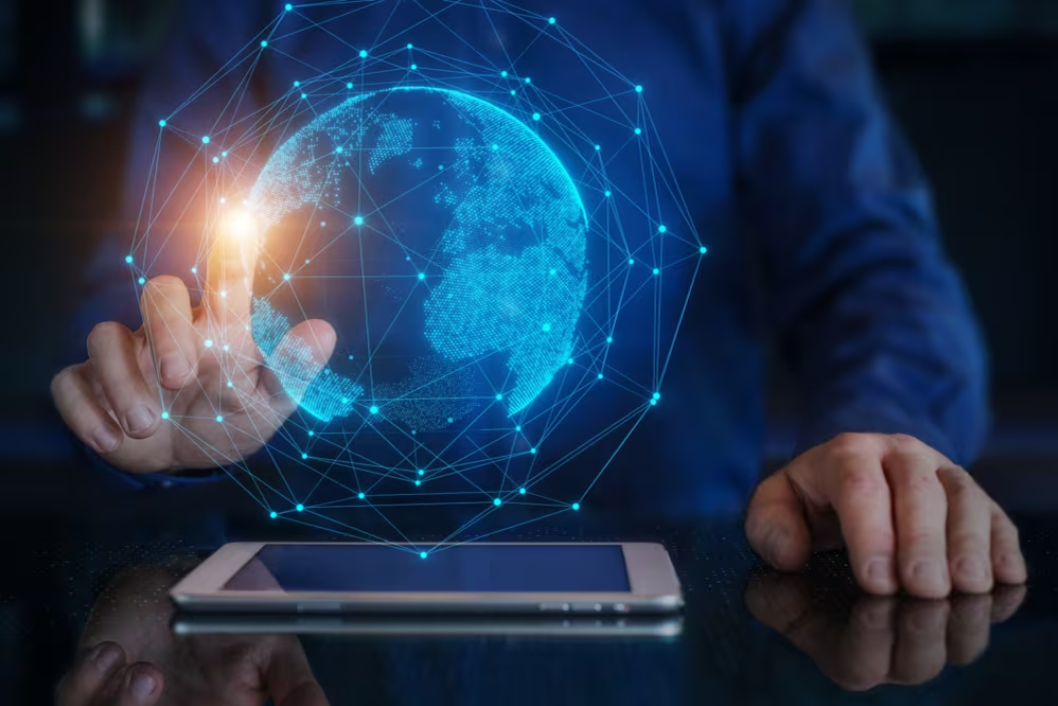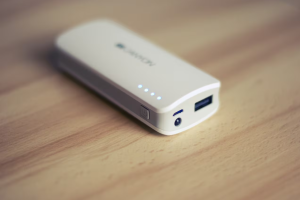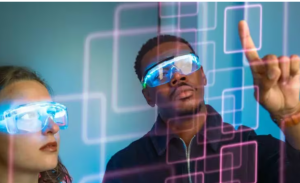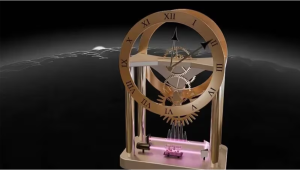
Although the uses of this tool are only just beginning to be explored, artificial intelligence (AI) is already rapidly revolutionizing all facets of our society. Within a few years, AI will be as essential to our way of life as the Internet is today, which is less than three decades old.
This tool will also have an impact on the administration of justice, and this will inevitably open up a series of ethical debates that would have seemed straight out of a science fiction novel a short time ago.
AI is already a powerful tool for judges and lawyers.
Near the bottom
Among other things, this tool is extremely useful for summarizing large amounts of information. In voluminous cases where the files can easily number thousands of pages, AI makes it possible to quickly find and classify information, transforming tasks that could previously take several hours into something that can be done in a few minutes.
AI can also conduct extensive searches of regulations, doctrine, and jurisprudence, making research work easier for judges and lawyers alike. This function, however, must be used with extreme care given the tendency of AI such as ChatGPT to have “hallucinations,” that is, invent results that do not exist.
This occurred in 2023 in the now famous Mata vs. Avianca case, in which a lawyer filed a brief citing jurisprudence generated by ChatGPT without realizing that the cases were actually fictitious.
Anger and pain
But the most controversial application of AI in the future will undoubtedly be the possibility of it replacing judges. Can AI administer justice? This may not be so controversial in areas of law where the application of the law is quasi-mechanical and there are few consequences for a miscarriage of justice, such as cases involving traffic violations.
But what about more complex cases? During the height of the Enlightenment, Montesquieu insisted that judges should be only “the mute mouth that pronounces the law,” that is, agents who limit themselves to only applying the law “as it appears” in the codes.
If they had existed in his time, Montesquieu would have had no objection to replacing all of France’s magistrates with AI. Three hundred years later, however, we realize how naive the French philosopher was.
No matter how competent the legislator and no matter how detailed the codes he produces, the law will always have loopholes, gray areas, and contradictions.
The judge is inevitably forced to make up for the deficiencies of the legislator by applying his own intuition, experience and critical spirit. In these cases, the judge stops being simply a “mute mouth” and starts to wield real power, becoming a kind of “co-legislator” who will decide what our society accepts as fair and what it does not.
Do we want that power to be wielded by an algorithm that simply replicates and predicts text patterns? Or do we want that power to be wielded by beings who share our human condition?





